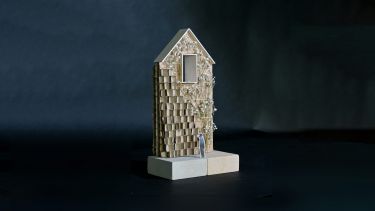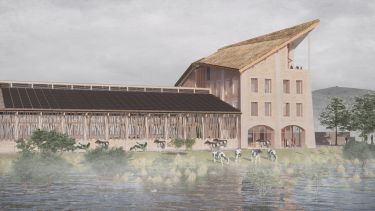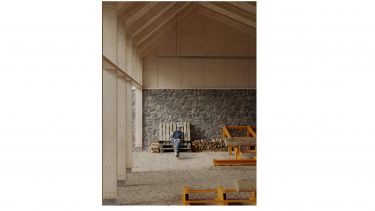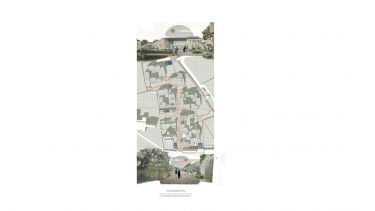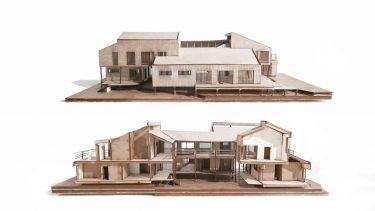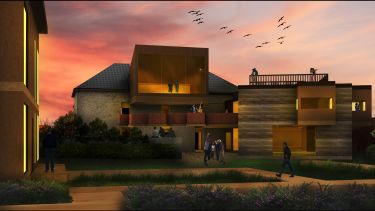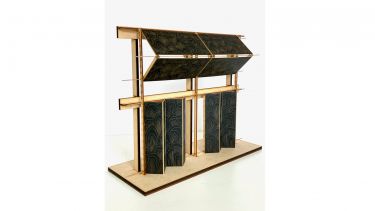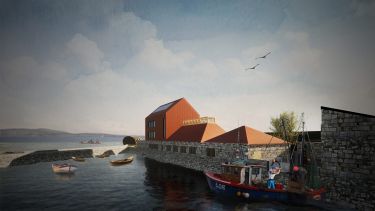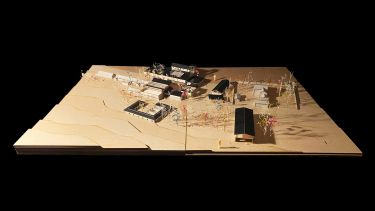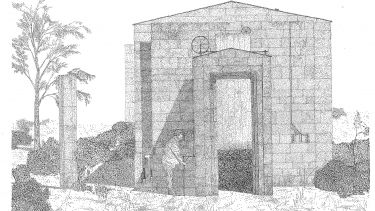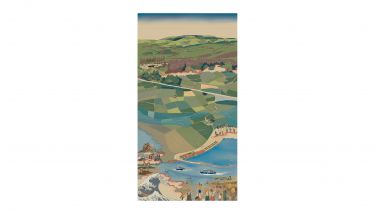Sacred Landscapes
Finding means to optimise our relationship with the rich resources of the Northumberland landscape. Proposing strategies for change that will have a positive impact upon this environment and the people who live within it.
This studio was set in Northumberland. The site was an area of 15 miles by 5 miles that links the Island of Lindisfarne to the Cheviot Hills.
There is a steep sandstone ridge that crosses the site. When you stand on top of this ridge you can look east to see flat lands, sand dunes, sea, and the causeway that leads through the National Nature Reserve to Lindisfarne. If you look west it is across a wide and fertile agricultural valley that is enclosed by the Cheviot Hills and Northumberland National Park.
We began by working with an ecologist, a sculptor and a quilt maker to learn how each measure and observe biodiversity within this landscape, to see how they are inspired by it and what effect this has on their work.
We each made a tool to frame and recorded our own observations and question how this might inspire us in our work.
In this time of climate emergency, we need to re-establish our respect for the natural world, re-evaluate how we live within it and change practices which are viewed as ‘normal’ to become those which are ‘optimal.’
The aim of this studio was to find means to optimise our relationship with the rich resources of this particular landscape. Students proposed strategies for change that will have a positive impact upon this environment and the people who live within it. They then aimed to develop the design of a pivotal building which embodied and enabled aspects of their strategy for change.
The expectation was that students' design theses would manifest an innovative approach to sustainable, ecological design within the development of its brief, the materials from which they proposed it should be constructed and the way in which it related to its surrounding landscape.
Studio tutor
Jacquie Milham

Masters study discovery afternoon
See where a Sheffield masters could take you with our on-campus event. Get expert advice, take a campus tour and chat to current students.

